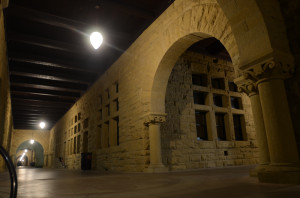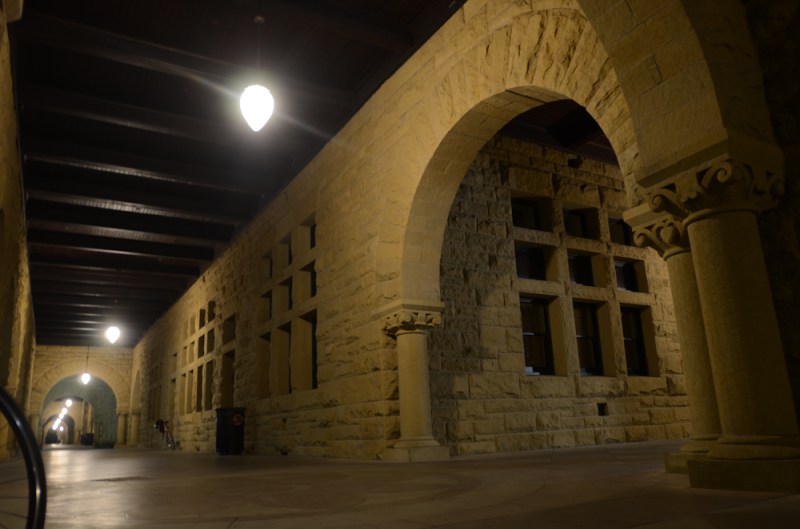The Stanford Center for Poverty and Inequality (CPI) launched a program this quarter that allows undergraduates to pursue a Certificate on Poverty and Inequality and become more involved in one of the center’s 10 research groups.
The certificate program, which is open to all undergraduates, requires students to complete a series of three courses—including the core class SOC 140: Introduction to Social Stratification—as well as a research project. The certificate does not appear on an official University transcript but still serves as formal recognition of rigorous work.
“Part of the commitment to building infrastructure for dealing with poverty and inequality is, of course, training the next generation of scholars and activists who are going to be involved in that fight,” said Charles Varner, associate director of the CPI.

By participating in the certificate program, students will be able to join one of the center’s research clusters, giving them access to more than 300 CPI affiliates at Stanford and other universities. The 10 research groups within the CPI range in theme from poverty measurement and trends to residential segregation.
“The [certificate] program will give students a better tool for understanding how these inequalities are developed and how they are perpetuated,” said Beth Mattingly, a staff assistant who helped develop the program.
Though only approved earlier this fall, the certificate program already has 75 students enrolled. To accommodate each student’s individual interests, eligible electives span many departments, allowing for an interdisciplinary approach to poverty and inequality.
Varner hopes that even students from non-social science backgrounds will find their own place at the CPI.
“The general altruism that drives someone to be a doctor, for instance, may also drive [him or her] to become involved in this initiative,” he said.
According to David Grusky, director of the CPI, in the past the Stanford community lacked a space for conversation among students with unique academic backgrounds who shared a desire to attack these critical social issues.
“Students who are interested in issues of poverty and inequality [had] to cobble together a program on their own,” Grusky said. “By virtue of having this program, we can bring together students and faculty with common interests so they can learn from one another.”
Tina Tran ‘14 is one such student. Though Tran is majoring in Human Biology (HumBio), she has been working with the CPI for the past two years and plans to pursue the certificate in poverty and inequality this year.
“You can definitely do impactful research here,” Tran said.
Tran initially sought research opportunities at the CPI to supplement her HumBio concentration in health policy, as well as her involvement with Night Outreach, a student group devoted to helping the homeless in the Bay Area.
“I’m widely interested in disparities across different sectors of society,” she added.
If the certificate program garners enough interest, the CPI will also pursue development of a minor program and an honors program that would allow students to build upon their research done for the certificate.
“What we want is to give people a menu of options as to how deeply they want to weave the study of poverty and inequality into their lives,” Grusky said. “We’re at this extraordinary moment in U.S. history in which inequality is higher than it has ever been before. Something is going on that we need to understand.”
Contact Dania Marinshaw at daniam ‘at’ stanford.edu.
